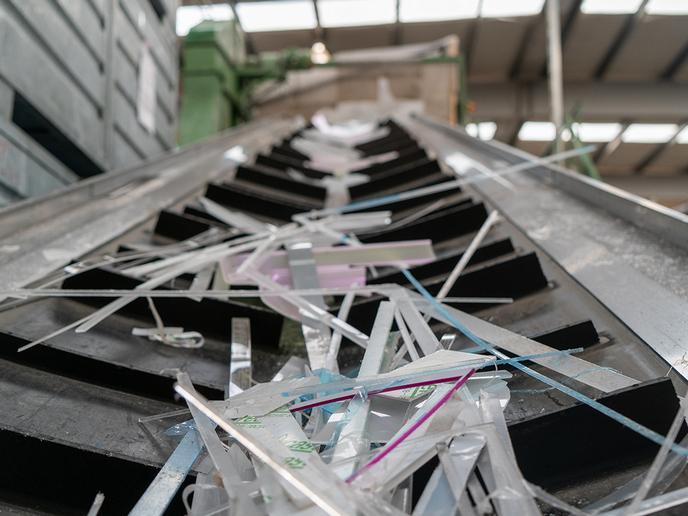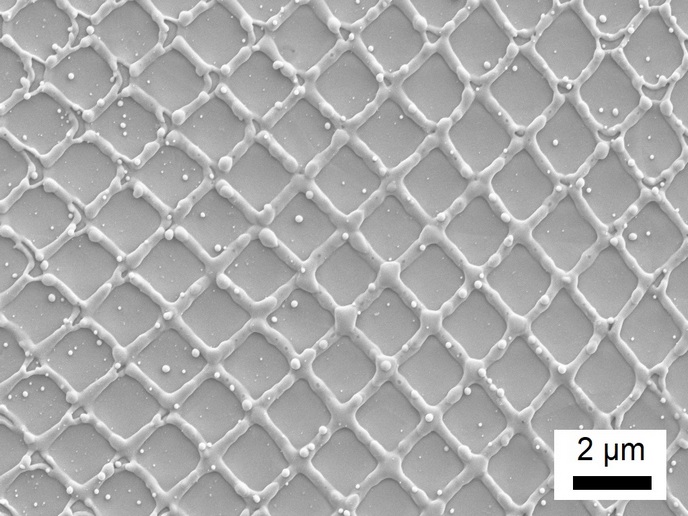New building materials from renewable resources
The demand for composite materials, plastics in particular, is growing year-on-year. This is an unsustainable practice, and a renewable alternative is needed to protect this non-renewable resource. 'Innovative advanced wood-based composite materials and components' (WOODY) was a project funded by the EU to develop and implement a sustainable alternative to petroleum-based composite materials. The scientists aimed to develop and test wood-derived alternatives to common composite materials that would be equivalent in both performance and price. WOODY developed methods for treating raw materials, as well as a generally applicable software package to design and evaluate composite materials. These tools were then used to manufacture and test demonstration products that were directly useful to industry. The products developed included new aerogels and foams for the structural core of various composites, and a furan resin that is highly fire resistant. This resin was also used for the construction of composite panels that outperformed industry standards made from conventional materials. Several products and processes developed in this project are being commercialised or are already being used in industry. WOODY project outcomes thus hold the potential for taking a major step away from the exploitation of non-renewable resources for manufacture.







